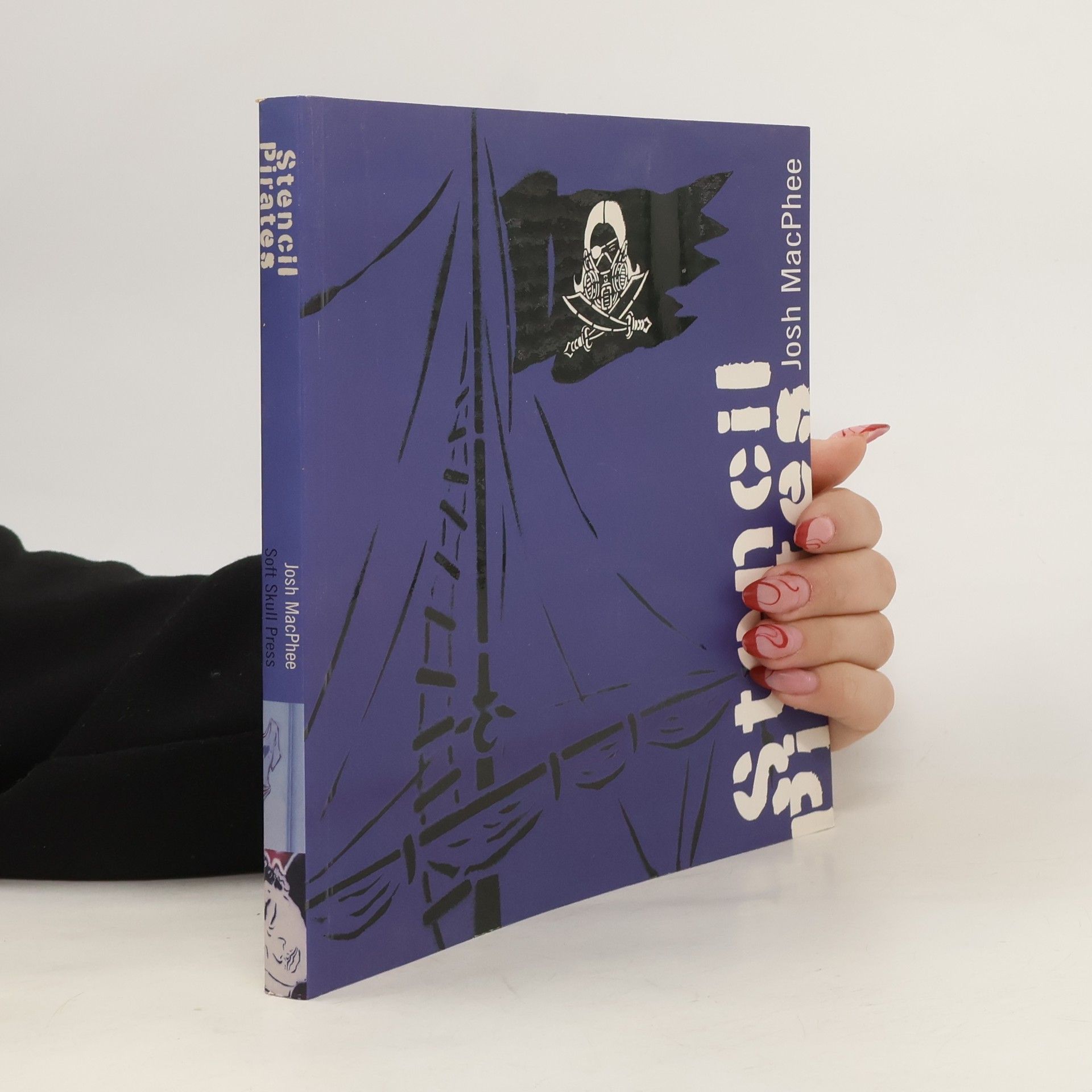Graphic Liberation
- 256 pages
- 9 hours of reading
From the fight against the AIDS crisis to the struggle for Black liberation and international solidarity, Graphic Liberation! digs deep into the history, present, and future of revolutionary political image making. What is the role of image and aesthetic in revolution? Through a series of interviews with some of the most accomplished designers, Josh MacPhee charts the importance of revolutionary aesthetics from the struggle for abolition by Black Panthers, the agitation during the AIDS crisis from ACT-UP, the fight against apartheid in South Africa and Palestine, as well as everyday organizing against nuclear power, for housing, and international solidarity in Germany, Japan, China, and beyond. In twelve interviews, political designer and street artist Josh MacPhee talks to decorated graphic designers such as Avram Finkelstein, Emory Douglas, and more, focussing on each of their contributions to the field of political graphics, their relationships to social movements and political organizing, the history of political image making, and issues arising from reproduction and copyright.

